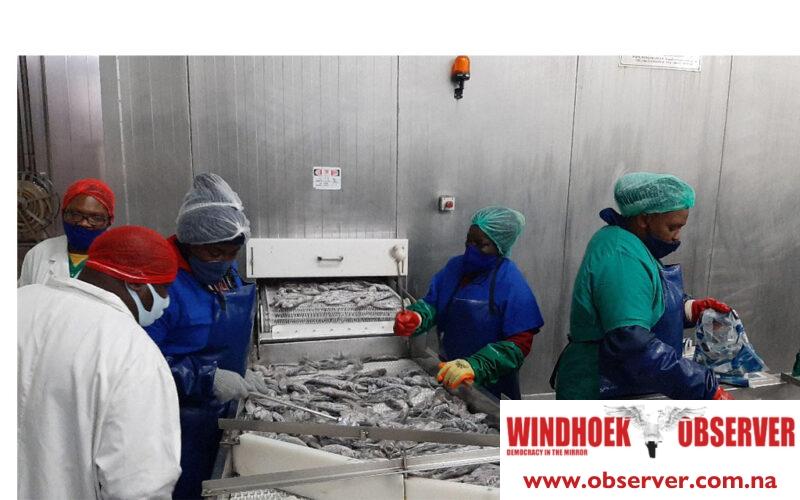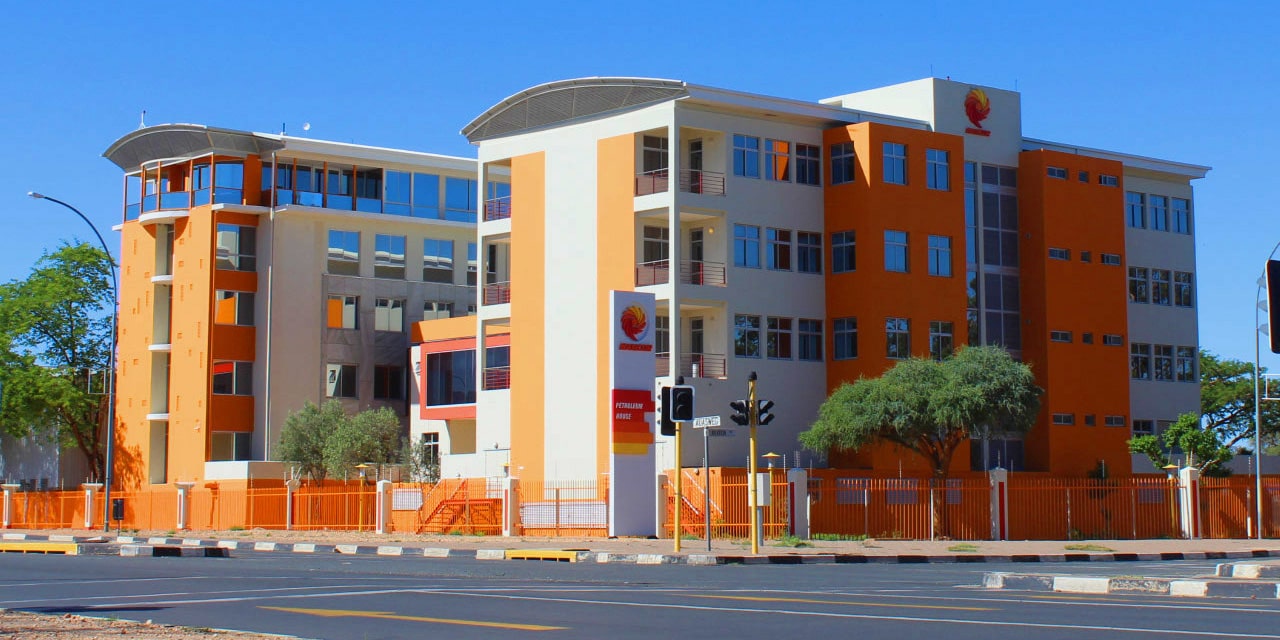Ester Mbathera
Late President Hage Geingob’s commitment to minimising seafood loss and waste transformation, with the goal of providing more food from the ocean, has come to fruition.
This comes after the launch of the Namibia Ocean Cluster, Africa’s first initiative with the mission of maximising the use of all seafood harvested.
Supported by the World Economic Forum’s Ocean Action Agenda, this innovative non-profit entity is set to drive significant socio-economic and environmental benefits for the country.
Geingob’s involvement came from the participation in a high-level panel discussion for a sustainable ocean economy.
Pierre le Roux, Seawork’s Sales and Marketing Manager, and the cluster chairperson said they are looking forward to creating new products and reducing fisheries waste.
“It has been a fascinating journey with the World Economic Forum team these past three years, and now my colleagues and I are committed to succeeding in our collaborative full utilisation mission going forward. The founding and associate members look forward to welcoming new members and developing innovative products,” he said.
Other coastal countries have started producing products such as the fish leather industry, wound dressings, nutraceuticals, and a cola-style drink that has overtaken sales of premium cola brands.
Leading Namibian hake fishing companies and other stakeholders joined the cluster in April to foster innovation and research in fisheries by-products.
According to research from 2018, industrial fisheries commonly employ the heading and eviscerating process, which resulted in the loss of around 33% of seafood and the removal of approximately 71,000 metric tonnes from the vessel.
The key players and founding members are the six Marine Stewardship Council (MSC)-certified hake fishing companies—Embwinda, Hangana, Merlus, Novanam, Pereira, and Seawork—alongside non-fishing associates like the Fisheries Observers Agency, Namibia Nature Foundation, and the University of Namibia’s Sam Nujoma Campus.
Although the hake industry is driving the initiative, all Namibian fisheries and relevant non-industry experts are welcome to participate, according to a statement from the secretariat.
This non-profit entity, according to the statement, aligns its activities with the United Nations Food and Agriculture Organization’s priority of reducing seafood loss and waste to meet Sustainable Development Goal target 12.3 by 2030. Its goal is to maximize the utilisation and socio-economic value of seafood harvested from Namibian fisheries.
The statement also revealed that the loss or waste of approximately 23.8 million metric tonnes of aquatic foods in 2021 accounted for 14.8% of the total aquatic food produced globally.
The clusters express confidence that the long-term impact of industry shifting to circular economic models will result in increased food production and nutrition security.
The cluster also believes this will increase the country’s employment opportunities.
Alfredo Giron, the head of the Ocean Action Agenda at the World Economic Forum, expressed optimism about the cluster’s potential impact.
“We are excited to see this important group come to fruition for the future social benefit and environmental sustainability of Namibia’s fisheries. The Namibia Ocean Cluster will help minimise waste and maximise the value of the fish harvested, which is good news for people and nature alike,” said Giron.
The Namibia Ocean Cluster is part of a larger global movement initiated by the Iceland Ocean Cluster, which champions the ‘100% fish’ utilisation concept.
This movement has seen similar initiatives in Alaska, New England, and Denmark, and now Namibia joins as the first African chapter.




